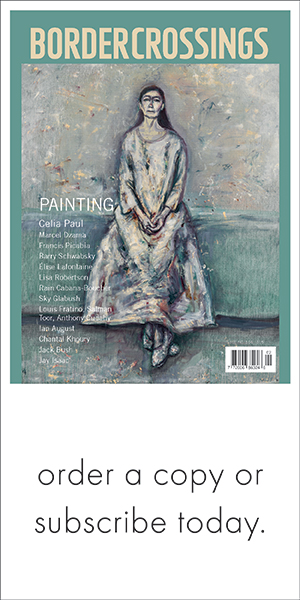What was Noah Richler thinking, running for the federal NDP in the Toronto-St Paul’s riding, an affluent Liberal stronghold held by Carolyn Bennett for the past 18 years? Richler is a confident and capable radio producer, journalist and writer (although someone should permanently disable his comma key, forcing him to write tighter sentences). And as he himself observes, writers are not a natural fit for politics because they think for themselves and tend to shoot from the hip. Getting elected involves a completely different set of skills from floating policy ideas and offering unsolicited commentary on the political flap du jour. Even the people who find Richler’s Oxford-educated, John Donne–quoting ways endearing cautioned him. “Don’t be too clever … You use far too many words when you speak,” intoned Margaret Atwood at dim sum after he announced his candidacy.
He speaks with his...
Jane Farrow is co-author of the Canadian edition of The Book of Lists: The Original Compendium of Curious Information (Knopf), and Wanted Words 1 and 2 (Stoddard). A journalist and former producer for CBC Radio, she was the founding director of Jane’s Walk, a global movement that celebrates Jane Jacobs’s ideas.

